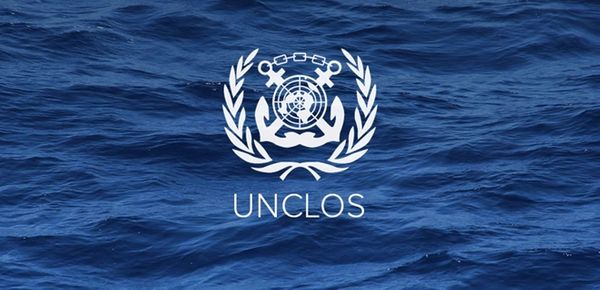The qualification present in this passage gave rise to the pure ‘mandatory’ form of universal jurisdiction, according to which each State assumes jurisdiction and consequently must prosecute all offences generally recognised as of universal concern, regardless of where the offence took place or who the perpetrator or the victims were.
However, this ‘unilateral limited universality principle’ is distinguished from the ‘co-operative limited universality principle’, which confers upon the State the right rather than the obligation (may instead of must) to prosecute; in such a situation Grotius was quite categorical:
“Alterum facere debeat, aut ut ipsa interpellata pro merito puniat nocentem, aut ut eum permittat arbitratio interpellantis.” Principle of universality as a base of jurisdiction in law of the sea, Principle of universality as a base of jurisdiction in law of the sea
Tag: Grotius
Principle of Freedom in the law of the sea
The principle of freedom aims to ensure the freedom of various uses of the oceans, such as navigation, overflight, laying submarine cables and pipelines, construction of artificial islands, fishing and marine scientific research. Historically the principle of freedom may primarily be thought of as aiming to ensure the freedom of navigation in order to advance trade and commerce overseas.. Principle of Freedom in the law of the sea, article 87 freedom of the high seas, Definition of Freedom Of The Seas, freedom of high seas notes, Freedom of the Seas, freedom of the seas doctrine, General Principles of the Law of the Sea, Grotius, How old is the freedom of the seas?, Principle of Freedom, R.-J. Dupuy, The Freedom of the High Seas, The Grotian Doctrine of the Freedom of the Seas, what is freedom of the seas?, What is meant by freedom of high seas?, where did the ideas of freedom of the seas come, Why is freedom of the seas important?, William Welwood
View More Principle of Freedom in the law of the sea

